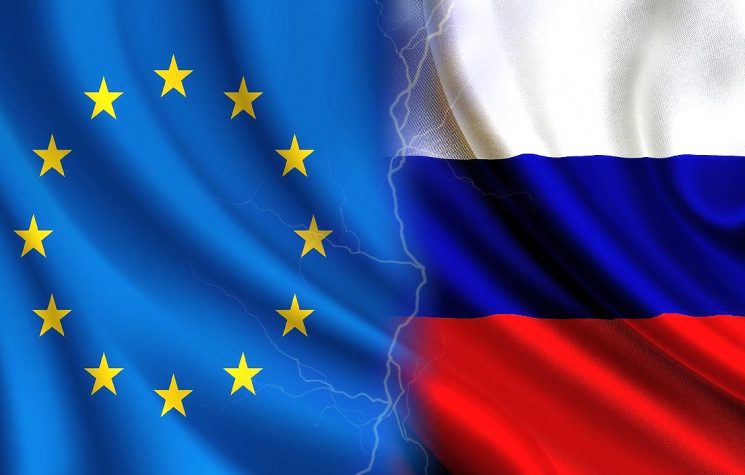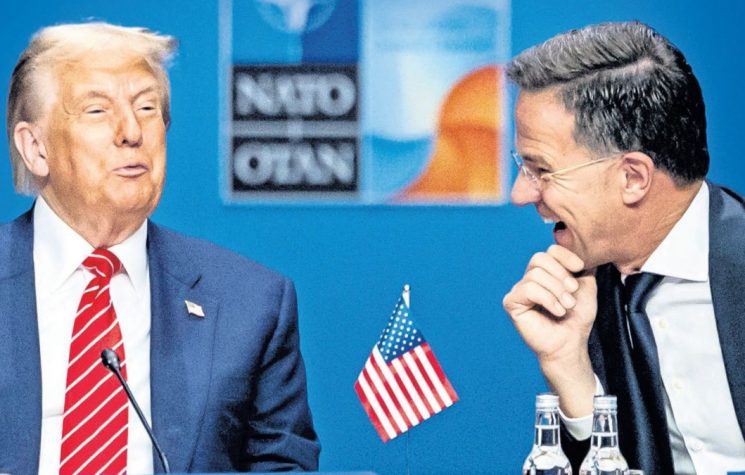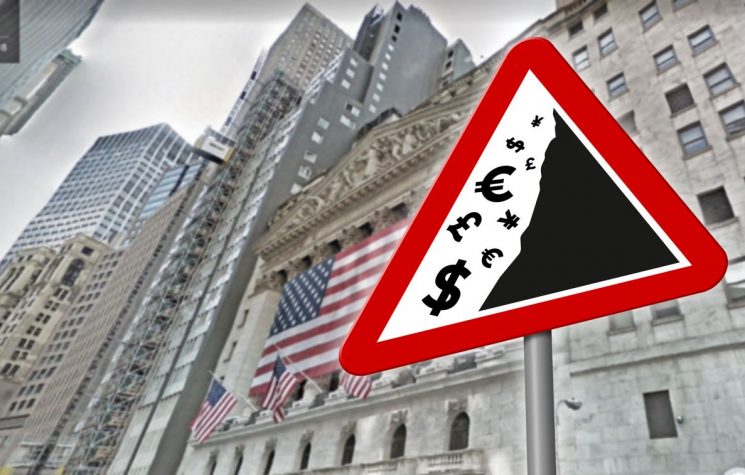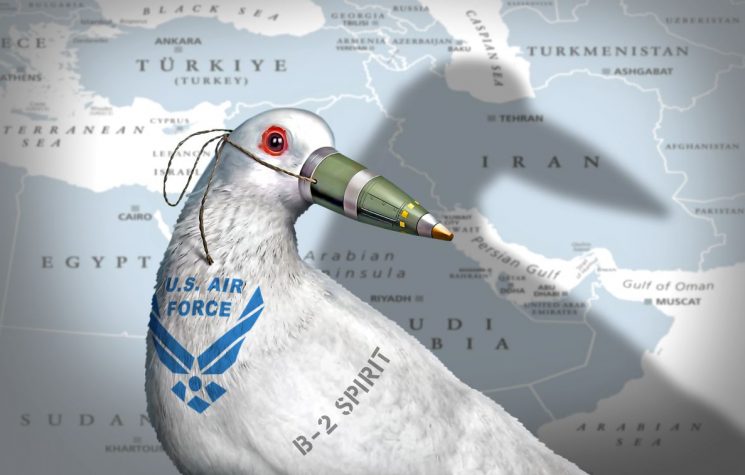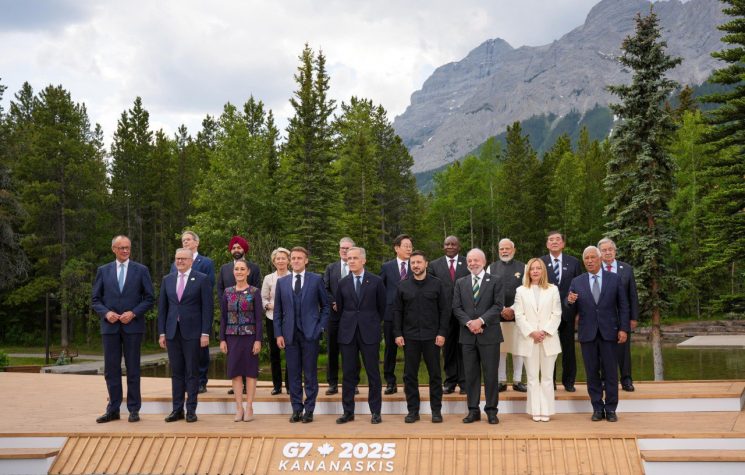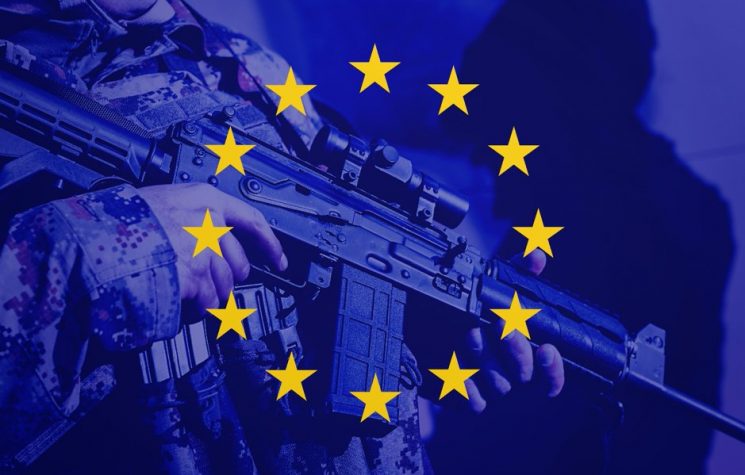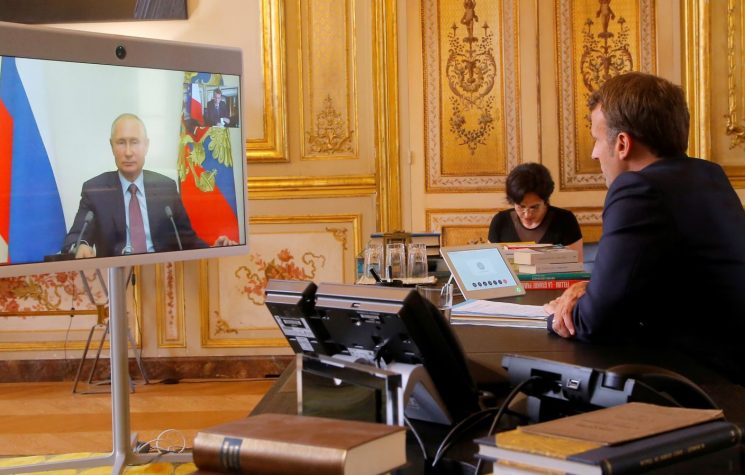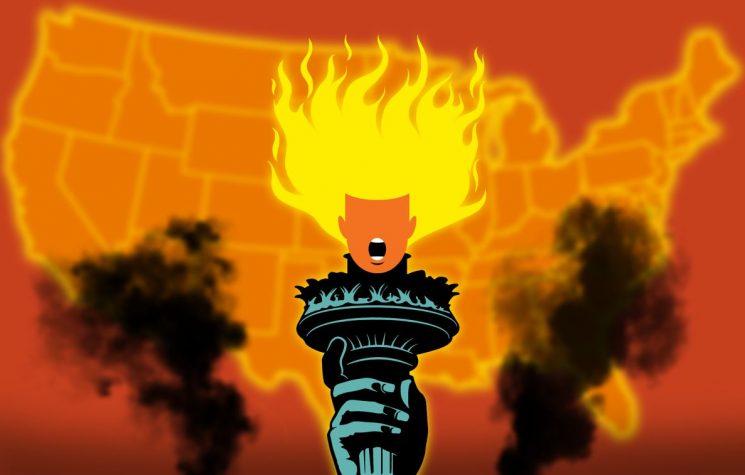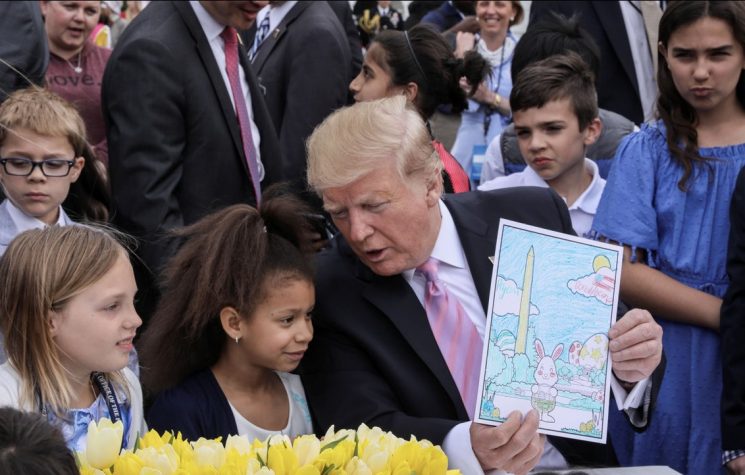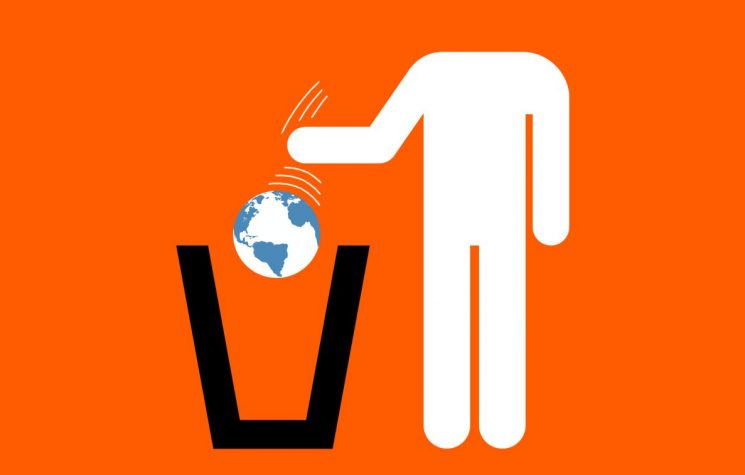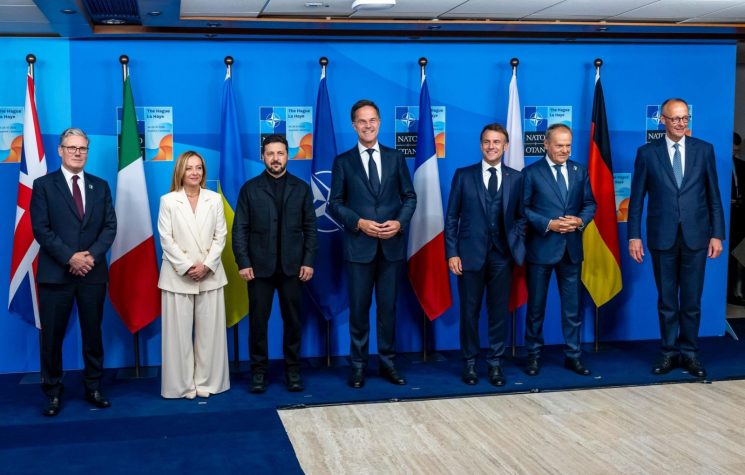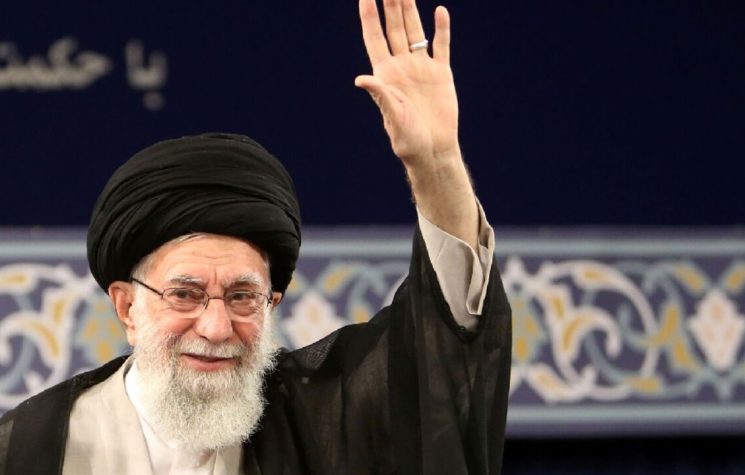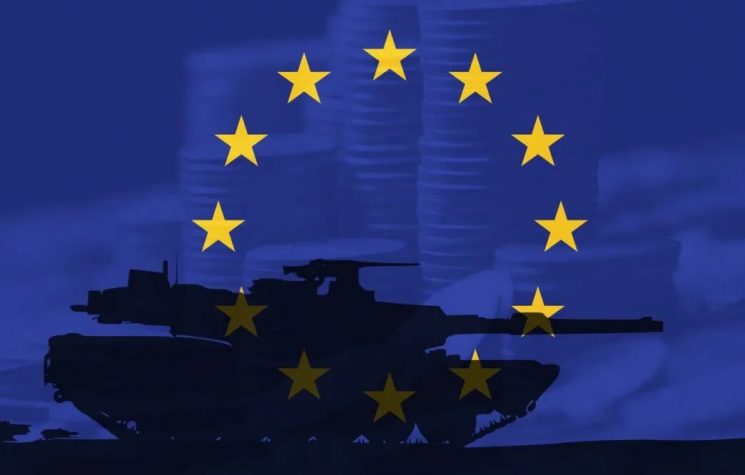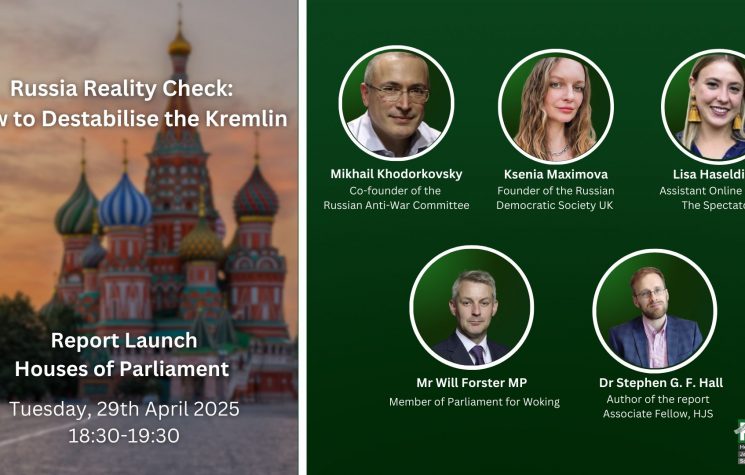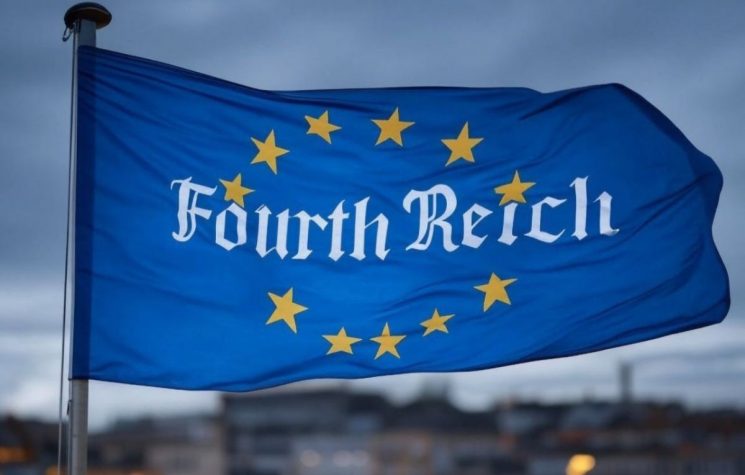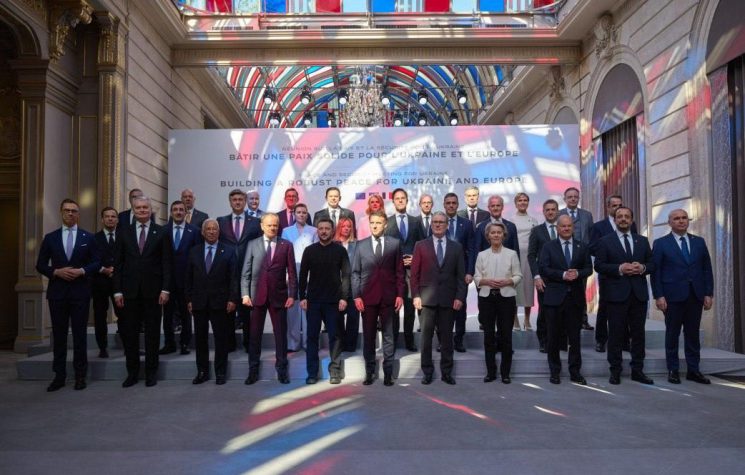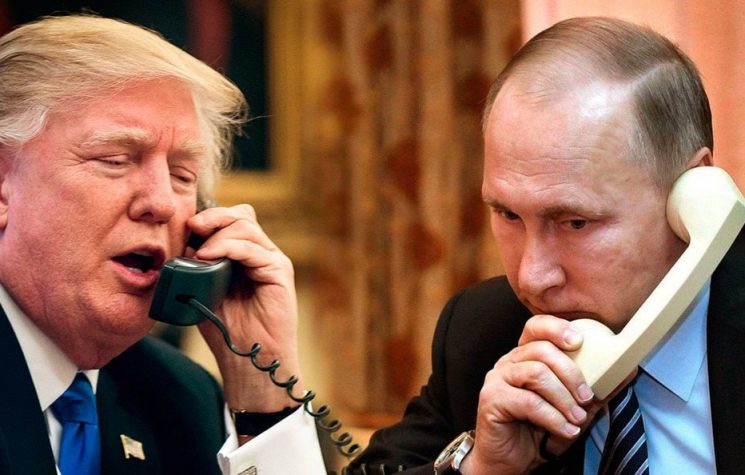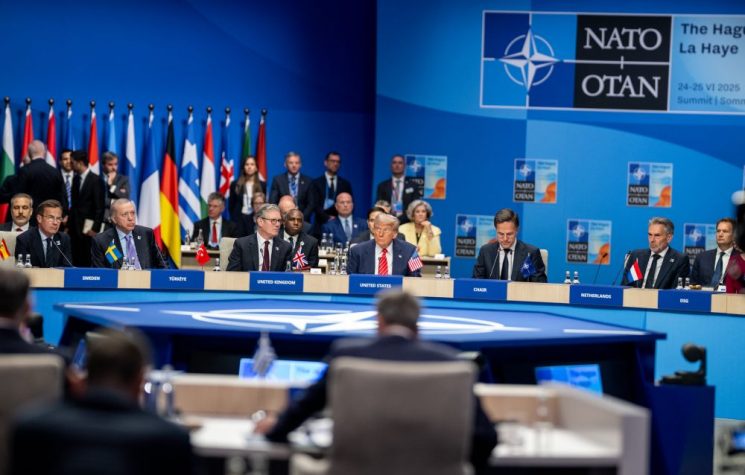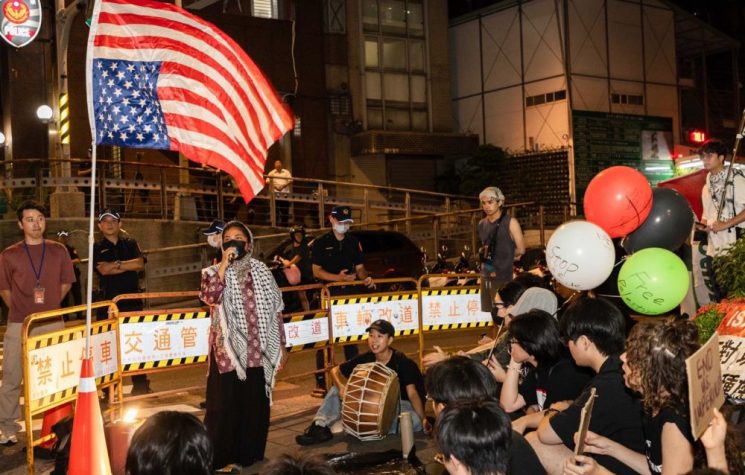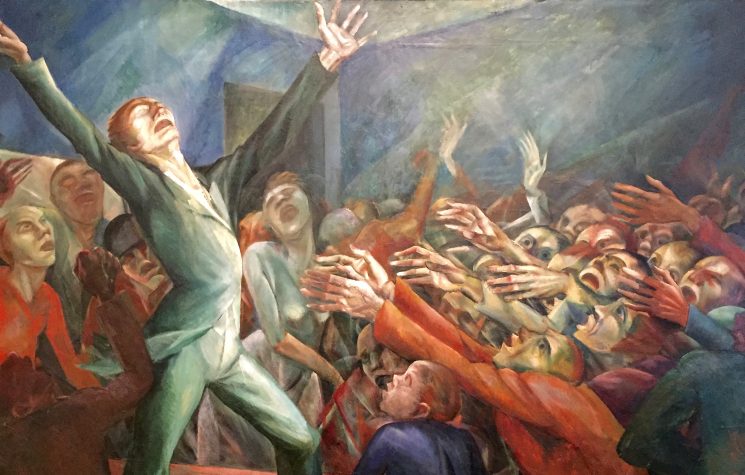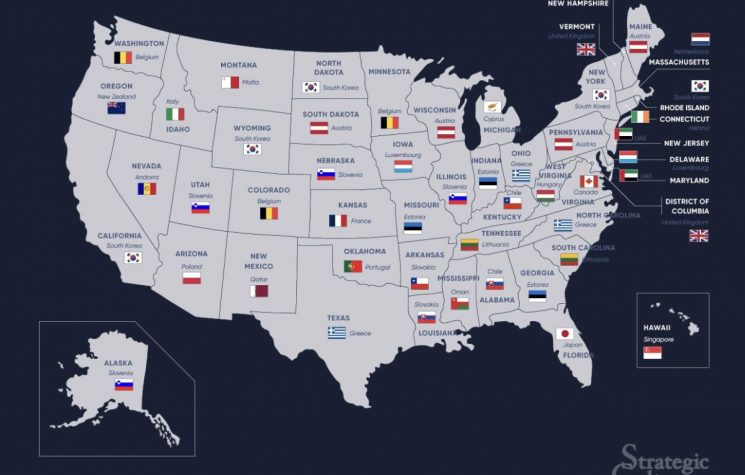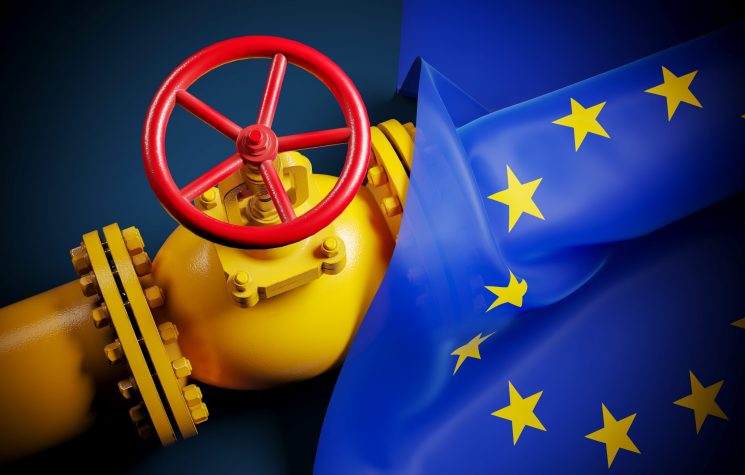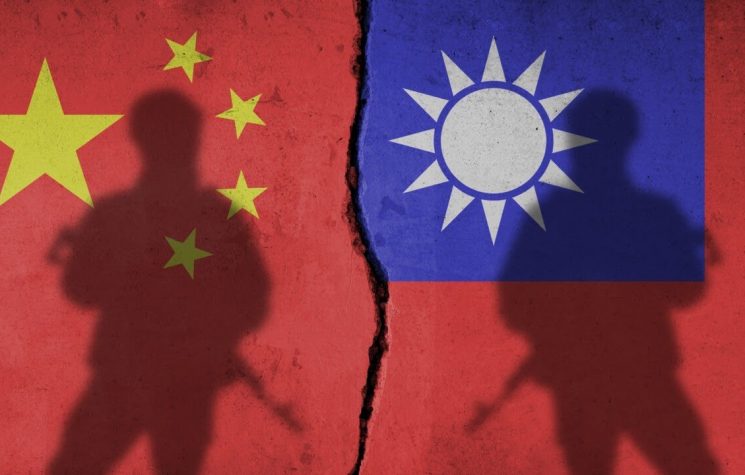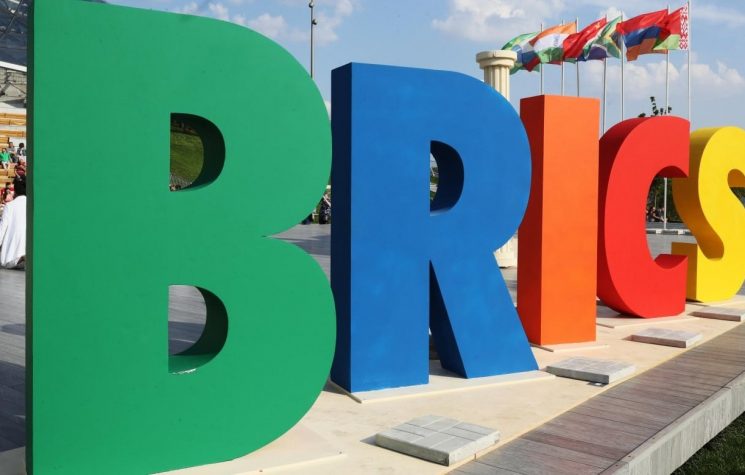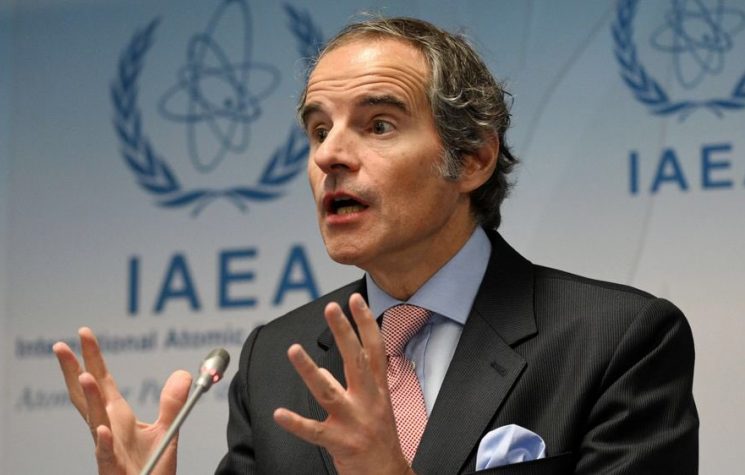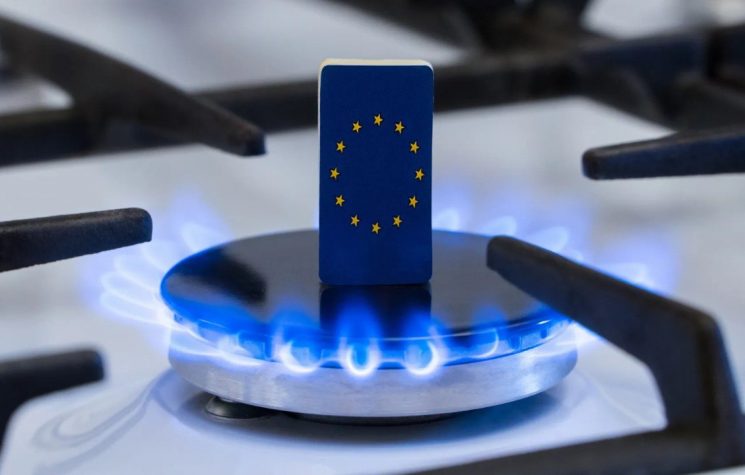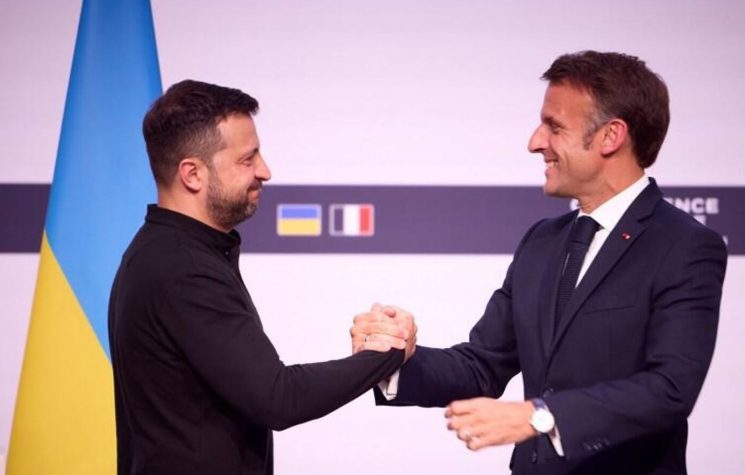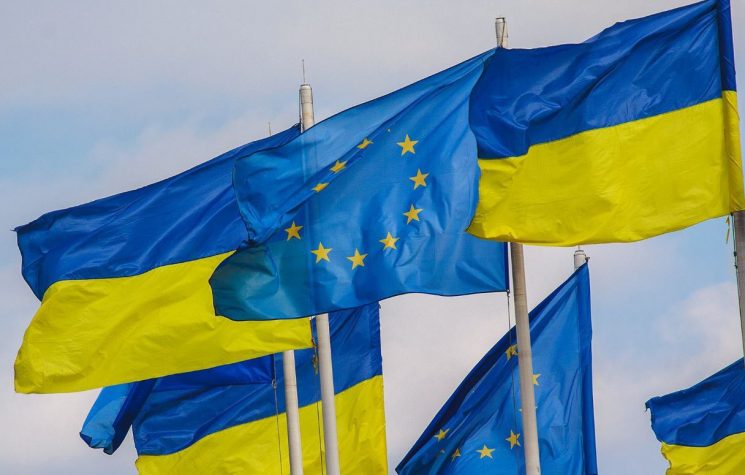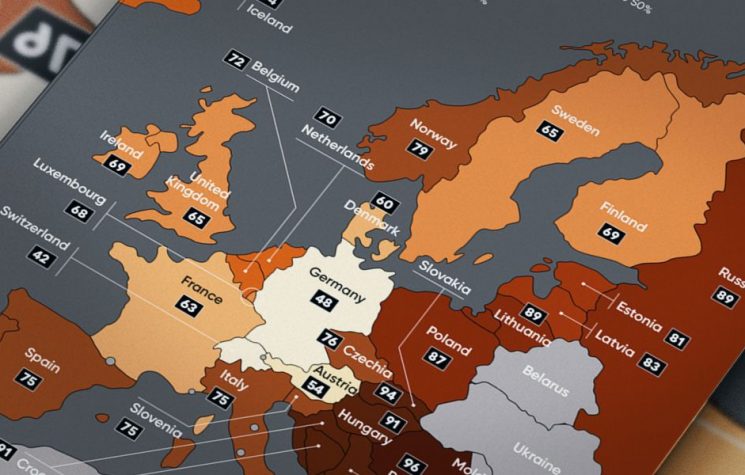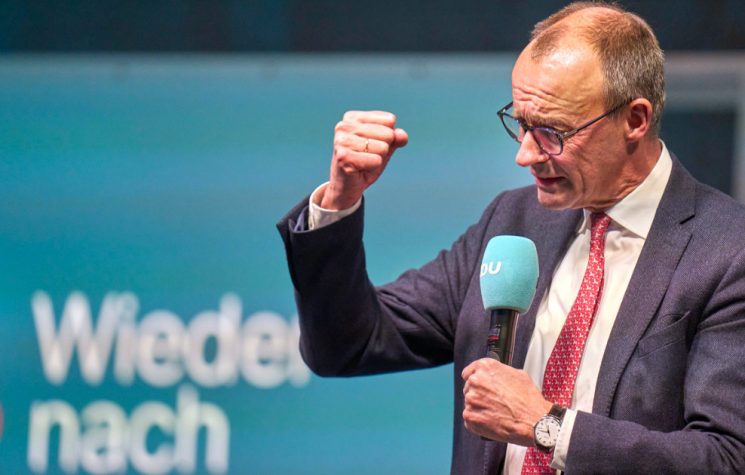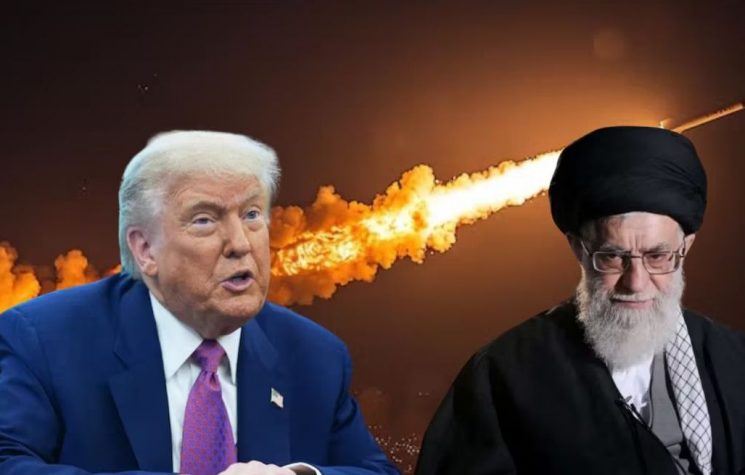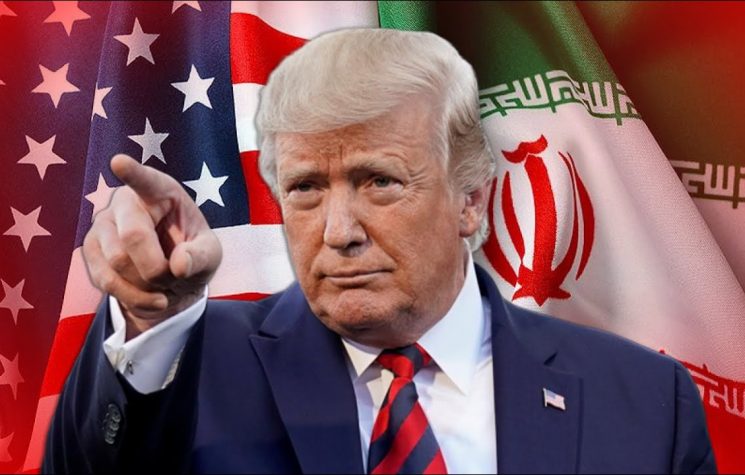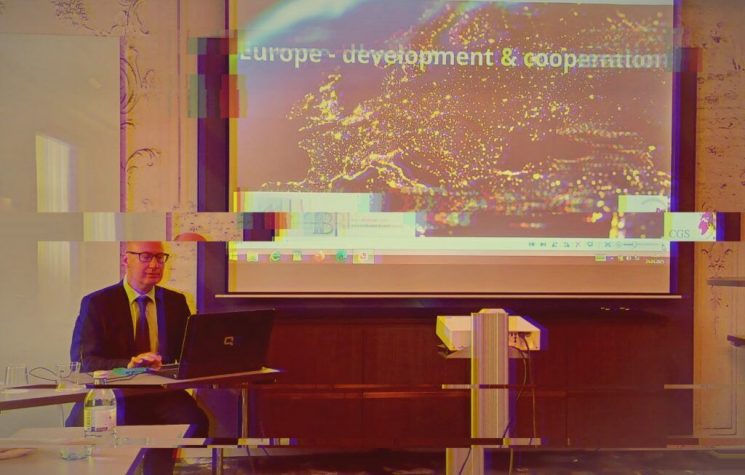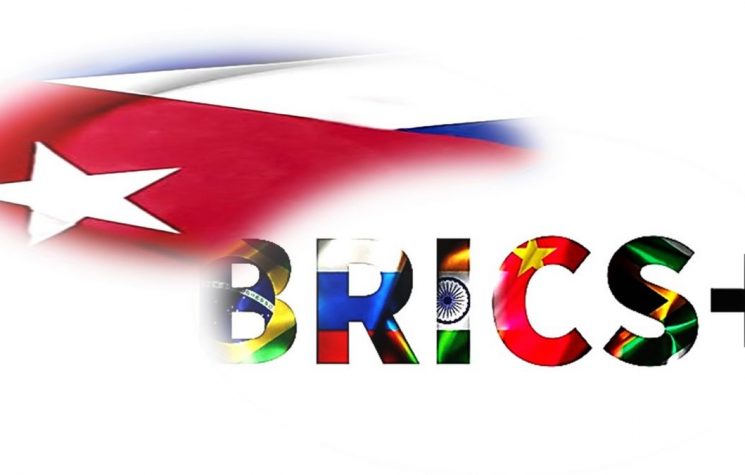The “sanctions disease” has normalized an unprecedentedly unhealthy lifestyle and policy.
Contact us: info@strategic-culture.su
We can be sure: one day not too far in the future, psychologists and psychiatrists will recognize a social pathology that has afflicted the governments of western countries in the period 2022 – year 20xx, a disease whose symptoms are madness, senseless actions, masochism and a euphoric exaltation of self-harm. This disease will be remembered as the ‘sanctions disease’, a fad that has normalized an unprecedentedly unhealthy lifestyle and policy.
A pointless economic war without end
When the European Union, in concert with the United States of America and the NATO General Secretariat put forward the proposal for the first sanctions package, shortly after the start of the Russian-Ukrainian SMO, many analysts were concerned because it was clear even then that Russia’s economic projections were nowhere near as bad as those of European countries that were already in recession and with heavy inflation. The media loudly echoed the words of the politicians on duty, who rushed to comment on geopolitical events and said they were ready to ‘break Russia in two’.
The chosen instrument was sanctions, i.e. political decisions restricting economic trade. If we read on the European Council website, we find it written that ‘Sanctions enable the EU to respond to global challenges and developments contrary to its objectives and values’. So, true to these words, the intention of the West would have been to promote global successes and limit obstacles to them. Well, this is what has happened… but to the detriment of the West itself.
The sanctions, in fact, turned out to be an unprecedented boomerang, a disaster. None of the countries that imposed sanctions benefited from them. They all came out devastated. The only ones who benefited were the other countries in the world that did not adhere to the sanctions and started, within the last two years, to think according to different market logics: new trade routes, transactions with national currencies, de-dollarization, multilateral agreements, multipolar perspectives. This is not rhetoric, it is a fact.
An instrument of deterrence and soft power such as an international economic sanction makes sense as soon as it is effective; effectiveness is calculated in advance but must then be empirically verified; if the sanction works, those who have been sanctioned will have suffered damage and will be forced to review their choices in order to recover; if, on the other hand, the damage has not been enough, then it means that the sanctions have not worked. Simple as that.
The data from several analytical institutes are all consistent in stating that the sanctions have harmed the mandated states and not Russia, which, on the other hand, has adopted a partial war economy, with protectionism and an autarkic turn in some sectors, as well as opening up new routes to the East and the Global South, and has managed to grow with an even greater trend than in previous years, which proves that it does not need Europe. It is Europe that needs Russia, for raw materials, for energy, for imports, for strategic security. Nothing that was predicted by government bureaucrats has come true.
An incalculable amount of demonstrations, protests, talk shows, articles and research have been produced to highlight the failure of the sanctions. And yet, as if that were not enough, in June 2024 the European Union launched its 14th sanctions package, not content with the damage it had done to itself. It sounds like a joke, but it is not.
Sanctions are the new black, the new colour that goes with everything and never goes out of fashion. When the EU, or the U.S., or NATO don’t know what to do, they impose new sanctions, which translated into real economic terms means inflicting damage on themselves and then blaming the adversary. Nothing could be more stupid and risky.
The Dragon Plan
A key role in all this was played by Mario Draghi, the man from Goldman Sachs, former president of the European Central Bank and former Italian prime minister. It was he who devised the sanctions as an instrument of soft power, he was one of the architects of the Euro as a currency and one of the destroyers of the economies of Greece and Italy, as well as a great speculator in the world of Big Pharma and armaments, and the first supporter of the war against Russia.
A few days ago, Draghi presented the European Commission with a competitiveness plan – as it was ironically called – for European countries, asking for 800 billion euros of liquidity per year to stem Europe’s rapid decline. Where this money will be taken from, we do not know: perhaps from the current accounts of the citizens of the EU states, perhaps from new secret deals for some pandemic, perhaps from speculation by armament companies. What is certain is that every time Draghi comes into play, something obscure happens in the West.
The Brussels bureaucrat’s rhetoric during his speech was chilling. He spoke of the need to invest twice as much as was done with the Marshall Plan after World War II, focusing mainly on telecommunications, artificial intelligence, climate change and defense, in order to support the U.S. and stem the growth of China and eastern countries. An ‘existential issue’, he called it. If the plan fails, Europe will have to ‘give up its model of life’.
In a nutshell, for Draghi, a balanced budget must be enshrined in the constitution and the EU’s stakes must only apply to small business, while there must be no brake on war. Better still, small businesses must disappear and everything must be centralized as much as possible in private monopolies of foreign multinationals, linked to big investment capital funds and Anglo-American holding companies. Woe betide investments in the welfare of the citizens, because one must choose ‘between the air conditioner or peace’, as he said in the spring of 2022. The urgency of establishing a common defense body, under NATO directives, to overcome the resistance of individual states – perhaps by strengthening Eurogendfor, the European military police with total immunity – is also emphasized. Very amusing is the chapter on energy and its exorbitant costs, about which Draghi complains… guiltily omitting that the sanctions were imposed by European countries and that he was the first promoter.
And this is where we need to reflect: sanctions have really become a kind of psychological disease. First they are imposed, then the same Western governments complain about them because they have produced disastrous effects, but instead of removing them and changing strategy, they complain about the problem and to solve it they propose to impose more sanctions.
The banality of evil? Perhaps not, because European bureaucrats are well aware of the epoch-making disaster they have thrown the continent into.
The world goes on without the West
It may sound cruel and brutal, but it has to be said: the world can go on even without the West. These words are not meant to be a definitive sentence, but they must give us the measure of the political and economic disaster that Western governments have undertaken and for which they now blame the rest of the world. This childish schizophrenia will have no way of continuing.
The proverbial Asian patience and Russian determination have meant that in the two and a half years of sanctions, markets have changed their geometry, moving eastwards and southwards, with the effect of significant global growth and the opening of new projects over long periods of time, capable of gradually defusing the hegemony of the dollar and the centrality of the American market, which, hard facts in hand, is becoming increasingly dangerous for investors, not only because of the imminent elections that generate instability, but also because there is no longer any stability and no guarantees.
What does the Anglo-American-led West offer the rest of the world today? Aggressive and overbearing diplomacy, cultural and military colonialism, violence and depravity of values, and the black dress of sanctions. What else? The logical consequence to this degradation is estrangement, going in search of better partners.
Since the beginning of the Special Military Operation, Russia has done its utmost to strengthen strategic alliances and extend its hand to emerging countries, while China has rewritten the guidelines of entire market sectors, launching multi-year proposals for entire decades, repeating that the shared will is that of a multipolar world characterized by peace and stable and secure international cooperation.
Russia and China are leading a new world market order that can do without the West.
Until this truth is understood, there will be no change. And there is a risk that by the time they realize it, it will be too late.










